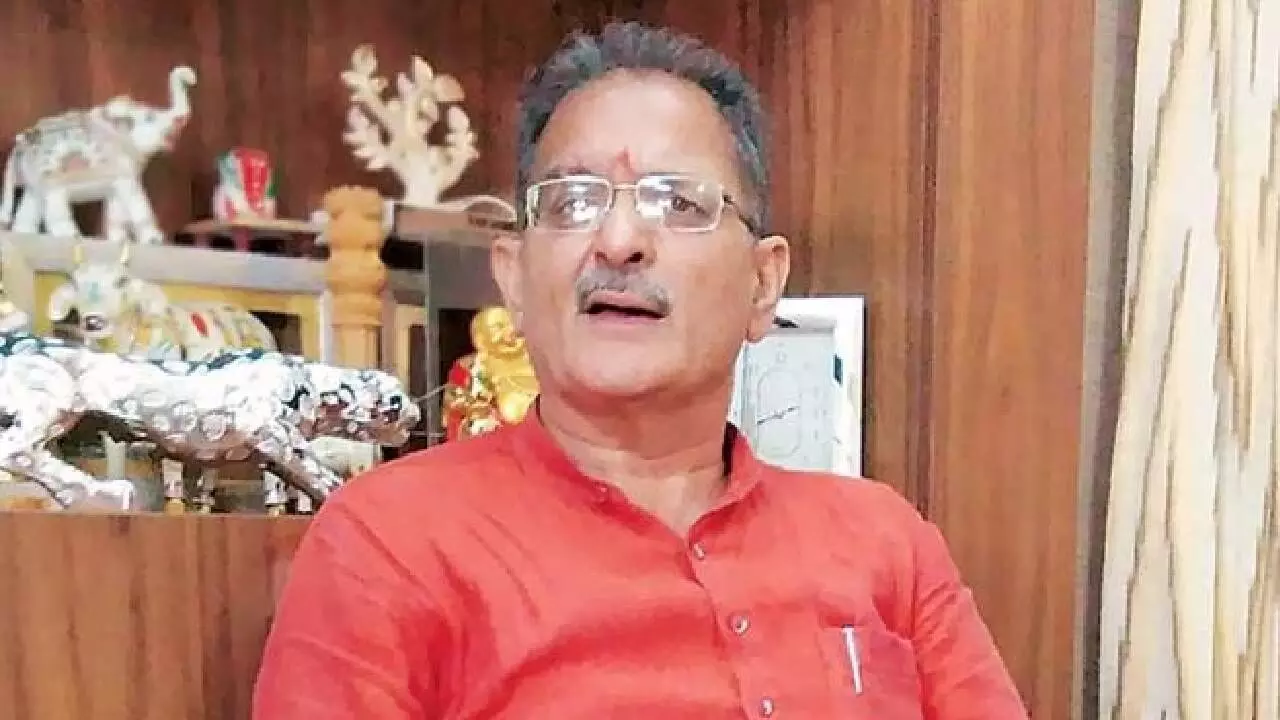Ladakh's Demands for Statehood and Sixth Schedule Require Dialogue With People: L-G Kavinder Gupta
Ladakh's Lieutenant Governor Kavinder Gupta says granting statehood and Sixth Schedule status requires open dialogue with the people. Here's what’s driving the region’s political and tribal autonomy demands
Jammu and Kashmir BJP veteran and former deputy chief minister Kavinder Gupta

As the demand for statehood and inclusion under the Sixth Schedule continues to grow louder in Ladakh, Lieutenant Governor Kavinder Gupta emphasized that dialogue with the people is the only viable way forward.
Speaking amid rising concerns over tribal rights, local autonomy, and the perceived erosion of identity post the revocation of Article 370, the L-G noted that the Centre is not opposed to discussions but stressed the importance of inclusive consultations with stakeholders.
The region has seen protests and mobilization from Leh Apex Body and Kargil Democratic Alliance (KDA), who are pressing for constitutional safeguards. They argue that Ladakh — with its unique cultural and tribal diversity — should be brought under the Sixth Schedule of the Constitution, which allows for greater autonomy through elected district councils.
Gupta said the government is “open to addressing grievances” but added that any policy-level changes would need “a consensus-driven approach.”
Why It Matters:
Sixth Schedule inclusion could offer legal protection for land, jobs, and cultural rights for tribal communities in Ladakh
Statehood is being demanded for better administrative autonomy and legislative powers
The Centre has yet to offer a concrete roadmap, despite multiple rounds of talks
The issue remains sensitive in the region, with concerns that without such safeguards, Ladakh’s tribal population and ecological balance could be at risk from unregulated development and demographic changes.

